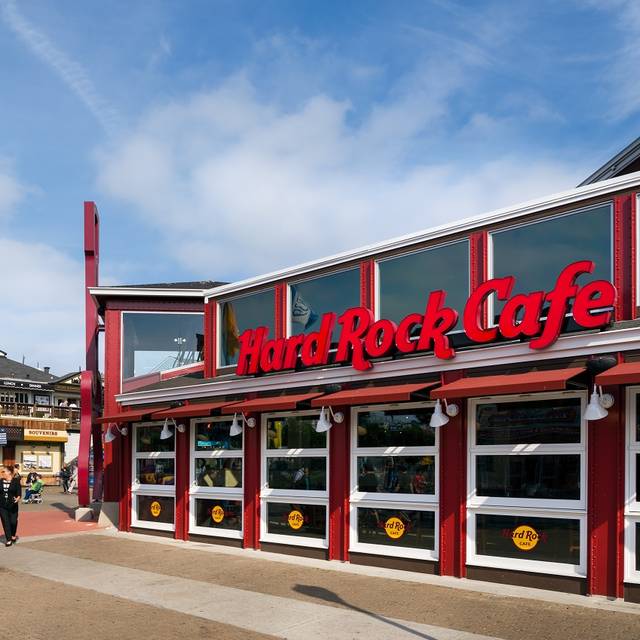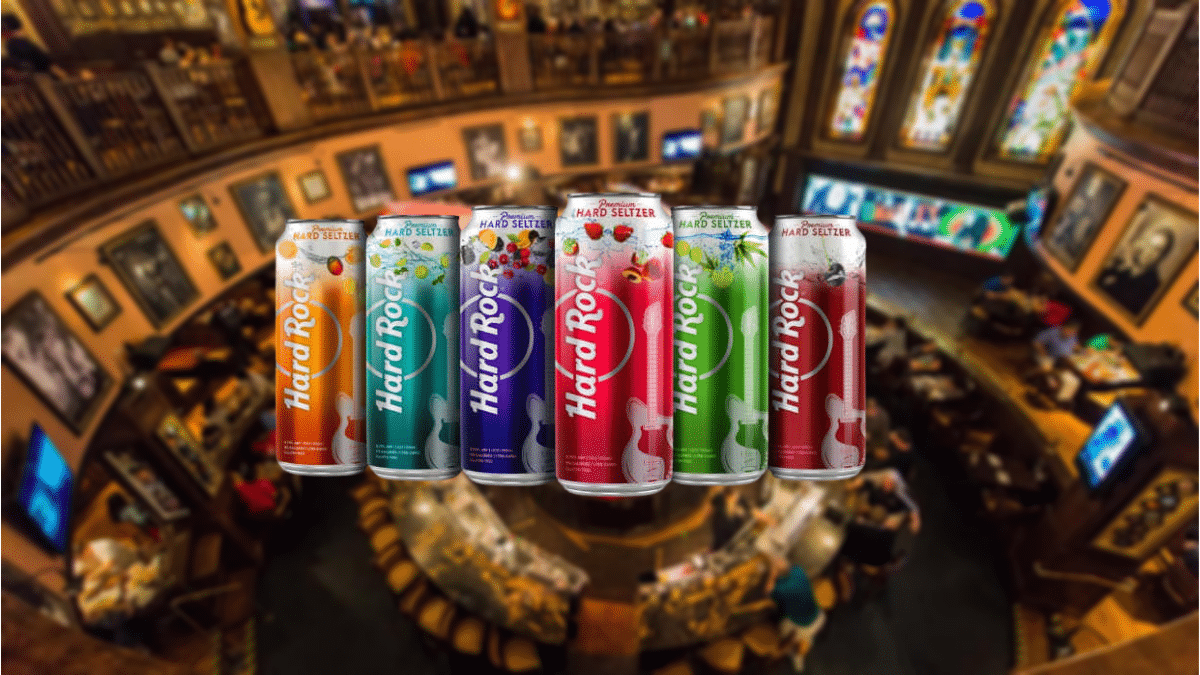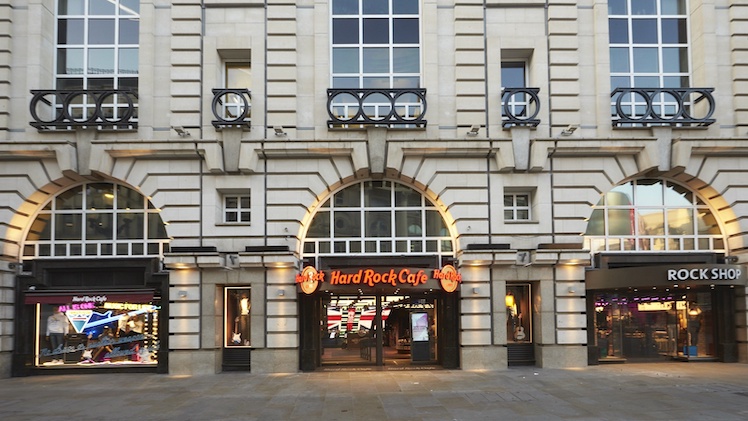

announced its Cool Planet Cafe ice-cream shop chain which would open 10 locations in 1998. In September 1997, Planet Hollywood International Inc.

Some speculated that the company had thinned its resources too much, and, with the trend of novelty location visits dropping, store revenue would continue to drop. Additional competitors also started up, including Country Star chain, Harley-Davidson Café, Robert De Niro's Tribeca Grill and Thunder Roadhouse. The company planned to expand by 30 to 40 percent each year in annual revenue and the number of restaurant locations. The company also had started to develop Chefs of the World concept, which would feature a "'star-studded' culinary staff". The corporation and Marvel Entertainment Group agreed to launch the Marvel Mania comic book character-based restaurant concept. Planet Hollywood International and ITT Corporation formed a joint venture for Planet Hollywood casinos. In addition to going public, the company had MBNA issue Planet Hollywood VISA credit cards that gave cardholders priority restaurant seating. The company's share price reached an all-time high of $32 on the first day of trading by 1999, it was down to less than $1. In April 1996, Planet Hollywood went public on the New York Stock Exchange at $18 a share. Public corporation Īs of the May 1998 IPO circular, the celebrities were only minor holders of stock with Earl and Barish owning 57.2 percent and a 24.2 percent stake owned by Ong Beng Seng. With the success of the merchandise, stand alone retail stores, Planet Hollywood Superstores were opened around 1996. Development was started on a Marvel Comics-based restaurant concept and on a Planet Hollywood Squares television game show with King World and Roseanne Barr's production company based on the Hollywood Squares. Construction on the All Star Café's first location in New York City began in August 1995 near the Planet Hollywood and opened on December 18, 1995. With expansion operating smoothly, Earl started working on other area of growth in 1995. This was followed later in the year by another 500-seater at Walt Disney World. The brand's highest-grossing location unit was opened in Las Vegas in 1994 with double the usual seating to 500.
#HARD ROCK CAFE INTERNATIONAL CHAIN PROFESSIONAL#
Given the go ahead, they started recruiting professional sports figures and planning its stadium and home cuisine menu and planning its merchandise. With its success, the company continued its aggressive expansion plan in 1994 while turning its attention to developing more theme-restaurant concepts, one of which was the Official All Star Café, a sports version of Planet Hollywood. Each new unit, opening with a gala event, generated nearly $15 million revenue in their first operational year. In 1993, the company opened two new locations, Washington, D.C., and Cancun, Mexico, while arranging leases for five new locations. By the next year, three more locations were opened: London, southern California, and Chicago. Arnold Schwarzenegger, Sylvester Stallone, Bruce Willis, Demi Moore and Whoopi Goldberg were some of the actors who became investors/promoters. Planet Hollywood was opened in late 1991 in New York City, at the base of two adjacent office buildings at 130 and 140 West 57th Street. While expanding Hard Rock Cafe from seven to 20 locations over the next two years, Earl met Bryan Kestner, with whom he had a shared vision of music, movies, and sports transcending language and other barriers. Mecca was then purchased by the Rank Organisation in 1990. At the end of 1989, Mecca Leisure acquired Pleasurama. For Pleasurama, Earl acquired control of Hard Rock Cafe International (eastern rights company) from co-founder Isaac Tigrett then in 1989 named as chief executive of the company. In 1987, he sold this restaurant group (President Entertainments 70 restaurants) to a larger company, Pleasurama PLC. Robert Earl had a history of opening theme-restaurants first in Britain (1970s) and in Orlando, Florida.


An advisor ponders why suppliers put effort into going green, despite lack of. A crypto exchange gets involved with travel. Client's airfare trick could cost you An agency could be responsible for a client's throwaway or hidden-city ticketing.


 0 kommentar(er)
0 kommentar(er)
